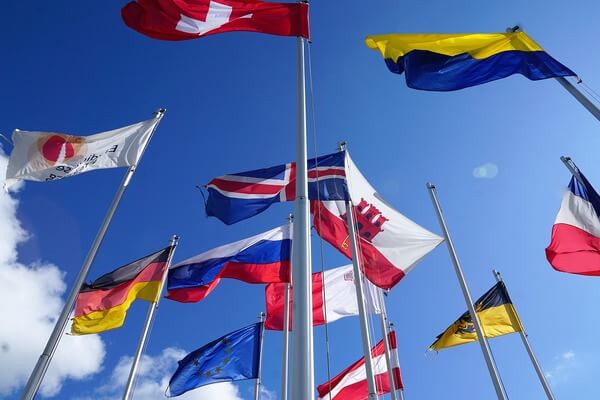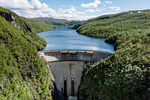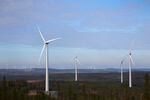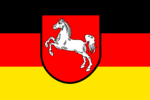News Release from windfair.net
Wind Industry Profile of
War in Ukraine hits energy markets
"I strongly condemn Russia's breach of international law. It is a serious breach of international law - for no apparent reason, coolly and strategically planned. We will respond with coordinated economic sanctions and find clear answers. Today we stopped the approval of Nord Stream 2 for the time being. The geopolitical situation makes a reassessment of Nord Stream 2 imperative." Clear words from the German Federal Minister of Economics, Robert Habeck, after Chancellor Olaf Scholz had announced the first sanctions against Russia a few hours earlier.
However, the halt of the controversial Nord Stream 2 gas pipeline between Russia and Germany is only the tip of the iceberg that could hit energy markets worldwide. The project, which was pushed through by Angela Merkel (Germany's ex-chancellor) and her government against all reservations, has been criticised for months - not only in Europe - where Ukraine in particular saw itself at a disadvantage because the previous pipelines ran through its territory. The Germans' do-it-alone approach also did not go down well with their ally, the U.S.
Joe Biden warned against dependence on Russia - not entirely altruistically, of course, because the U.S. would also like to supply its gas to Germany. And so it must have been a quiet satisfaction for Robert Habeck that as the Federal Minister of Economics he was now able to stop the project, which he had already strongly opposed as party leader of the German Green Party.
Experts are still divided on whether Europe, and especially Germany, will be able to manage without Russian gas in the future. Much will also depend on how the tense situation in Eastern Europe develops.
In the meantime, the crisis in Ukraine has already had other effects on the energy sector. Thus Norwegian project developer Emergy put the Zophia wind farm project in Ukraine on ice for the time being. Originally, it was planned that Zophia in the Zaporizhzhya region in south-eastern Ukraine would be one of the largest onshore wind farms in Europe once completed.

Rising tensions in the Ukraine are already effecting the energy markets worldwide (Image: Pixabay)
According to Emergy, the halt in planning was due to ongoing payment problems on the part of the buyer for the wind power. In addition, the project developer has had increasing difficulties in attracting large-scale foreign direct investment into the Ukrainian renewable energy market - which is said to be at least partly based on the geopolitical situation with Russia. In view of the escalating situation, it is unclear whether the project can now be built at all.
And a further wind industry company announced consequences yesterday: Norwegian's Fred. Olsen Windcarrier stopped its announced IPO in Norway for the time being. In a press release, the company refers to the geopolitical tensions, which would severely hamper an IPO at the moment.
Whether the conflict will also have an impact on the Russian wind energy market is not yet foreseeable. It was only in recent years that the government in Moscow took its first steps into the renewable energy sector and introduced a domestic rule right at the beginning, which required foreign companies to build their own production facilities in Russia in order to be allowed to operate on the Russian market. Project development has mostly been in the hands of state-owned companies like Rosatom, which also controls the nuclear and fossil power plants.
Danish turbine manufacturer Vestas was one of the first Western companies to expand into Russia as a result. The company operates a factory for rotor blades and one for nacelles in western Russia. The extent to which the sanctions imposed by the West on Moscow will affect production will certainly also depend on developments in Ukraine.
- Author:
- Katrin Radtke
- Email:
- press@windfair.net
- Keywords:
- Germany, Russia, Ukraine, USA, crisis, tension, wind industry, wind farm, developer, IPO, Norway, Europe, war, nacelle, rotor blade, production



























